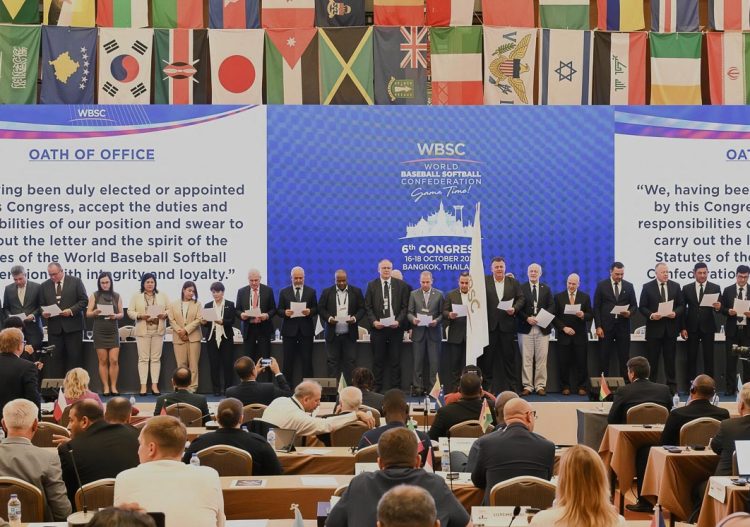
Today, Ethiopia has witnessed one of the most barbaric acts imaginable—an atrocity that defies human conscience and stands as one of the darkest moments in modern history. The soldiers of Abiy Ahmed’s regime committed an act so cruel and inhumane that it shocks the moral sensibility of the world. After capturing a young woman, Bealemlay Wasie, a respected and courageous battalion commander, they brutally killed her and desecrated her body. In an act of unspeakable savagery, they mutilated her remains—cutting her breast and leaving her lifeless body in the street as a spectacle of terror and humiliation.
This gruesome act was not an isolated incident but rather part of a long and disturbing pattern of violence, degradation, and ethnic hatred that has come to define Abiy Ahmed’s rule. The deliberate targeting of women, particularly those who exhibit courage and leadership, demonstrates the regime’s moral decay and fear of dignity, resistance, and truth. Such acts are not mere wartime excesses—they are instruments of psychological warfare meant to instill terror, suppress dissent, and dehumanize entire communities, especially the Amhara people.
The killing and mutilation of Bealemlay Wasie exemplify how the regime’s forces have abandoned all ethical and legal norms. No civilized society can justify such barbarity under any pretext—political, military, or ideological. The world has seen tragedies in many forms, but the cruelty inflicted upon this young woman represents a moral collapse that demands international condemnation and accountability.
Ethiopians who still hold to justice and humanity view Bealemlay not as a victim alone but as a symbol of courage and sacrifice. Her brutal death exposes the moral bankruptcy of the state and underscores the urgent need for justice, truth, and resistance against tyranny. The desecration of her body was intended to erase her dignity—but instead, it immortalized her as a martyr in the struggle for human freedom and dignity.












